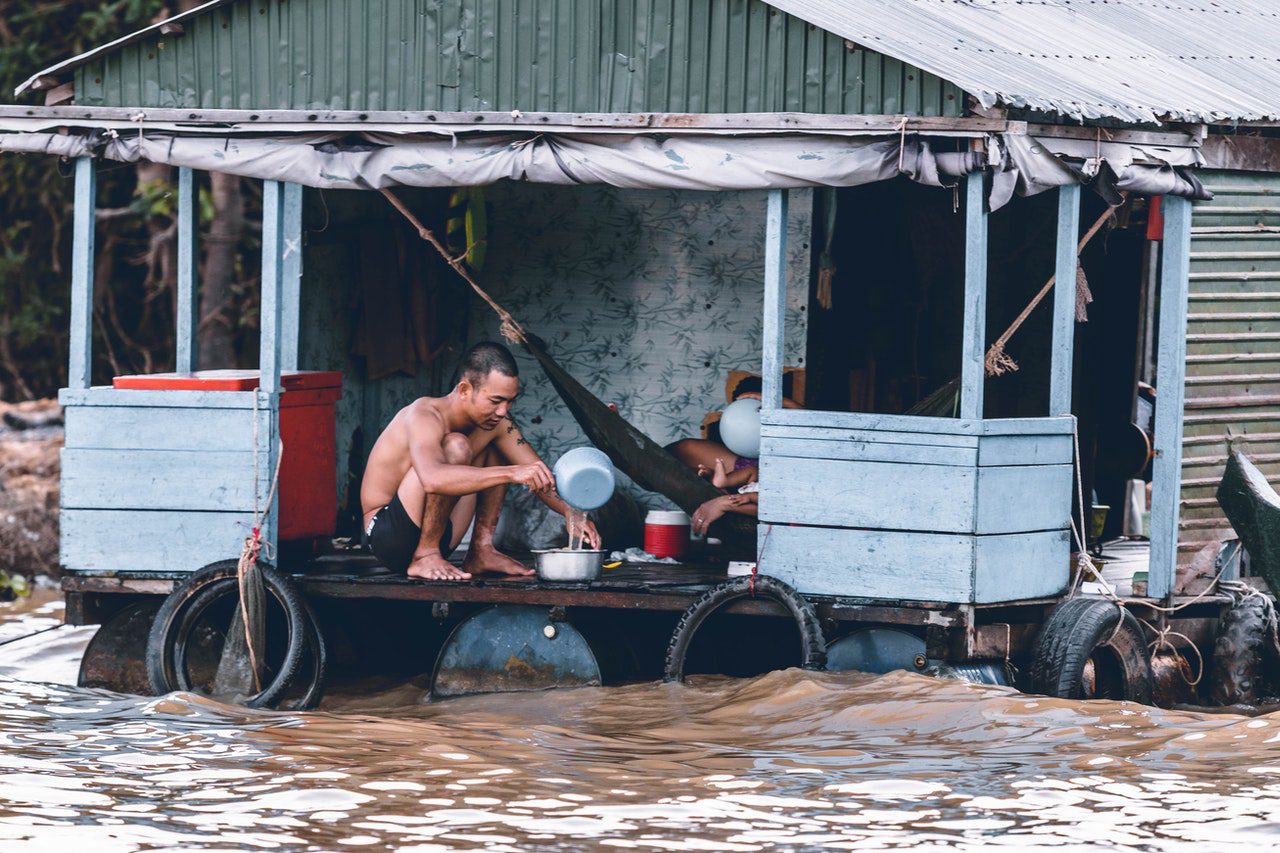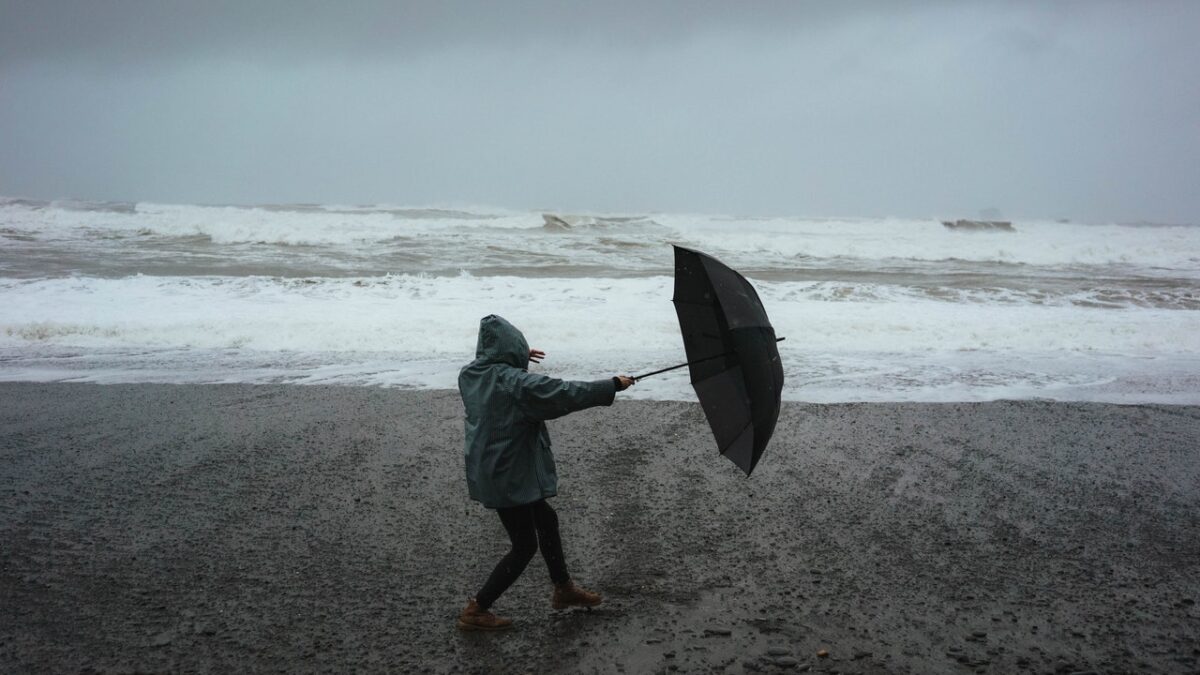
California Flood Preparedness Week – Is Your Property Insured Against Flood?
October 14, 2014
California Homeowners Insurance – California Hazard Insurance
October 25, 2014Five Quick Tips – How To Prepare For A Hurricane
#1 Create a Home Inventory
It would be much easier to deal with the claims scenario if you have a complete inventory list of your personal belongings inside your home. The inventory list should include all the important information (brand, model, serial # etc…) of your most valuable items; photos of each room in the interior of the home would be extremely helpful as well as photos of more valuable items. Inventory checklists are available on the Department of Insurance websites in most States.
A quicker way to record a list of your belongings would be to take many digital photos and/or a video of the same walking through each room and perhaps even taking a shot of the contents of each closet and each drawer; the more detail included will alleviate much time later. It is also important to take stock of items in storage such as in your garage or storage shed if applicable.
You may store digital media online, on disks in a security safe off location and also by E-Mailing the digital document(s) to friends or family away from the threatened area.
#2 Prepare Your Insurance Information
It is important to gather all your insurance documents and place them in a safe place prior to a storm or hurricane. You will need a copy of your policy declarations page listing your coverage limits and details as well as a 24-hour emergency claims telephone contact for your insurance company where you can call to begin the claims process. During large weather events, it is common for insurance carriers to set up a specific emergency information hotline, this information will all be very useful at a depressing time of loss where many people are fumbling through their damaged property seeking documents.
It is essential to note that Flood Damage is not covered by a homeowners, landlords or renter’s policy; Flood Damage is covered by Flood Insurance available through the National Flood Insurance Program (NFIP), division of FEMA.
#3 Be Ready For The Worst
It is your responsibility to mitigate the damage caused by a hurricane or storm. Property owners much clear their yard of debris and loose objects which could become projectiles in high winds; also, dead or overhanging branches from trees should be trimmed down as much as possible. You should inspect your roof to assure that the roof sheathing is secured, gables are securely fastened and doors and garage doors are properly latched and locked.
For homes without a basement type storm shelter, it would be safest to identify the nearest storm shelter and prepare an evacuation plan for the family. It is imperative to have hurricane survival supplies including: bottled water, first aid kit, flashlights, a battery operated radio, at least 3 days of non perishable food items, blankets, clothing, prescription drugs, eyeglasses, personal hygiene supplies and enough emergency cash to last a few days.
If you do evacuate your home, it would be best to turn off all utilities and unplug all appliances in order to reduce the chance of additional damage when utilities are restored.
#4 Following The Storm
The time following any disaster can be stressful and confusing but it is important to file your insurance claim as soon as possible as your insurance company will most likely be of assistance apart from simply taking a claims report. Many companies may have made arrangements to help their customers by reserving shelter outside the effected area or may have mobile offices which will be in the area immediately following the storm or hurricane.
You may take photos and/or a video of the damage prior to any cleanup efforts. It is the customer’s responsibility to do anything possible to prevent further loss or damage to the property. Broken windows or doors must be boarded up and any necessary temporary repairs should be commenced as soon as possible.
If your policy includes ‘Loss of Use’ or ‘Additional Living Expenses’, you will be able to apply for reimbursement for arrangements to stay at a hotel and even rent a home should you not be able to live in your home for an extended amount of time due to a covered loss.
#5 Avoid Home Construction Fraud
The chance of Fraud increases exponentially following a major disaster.
You will need to protect yourself by:
- Obtaining multiple bids from contractors including references.
- Demand proof of licenses, permits, general liability insurance, workers’ compensation insurance and bonding.
- Record the contractor’s license plate number and contractor’s State business license number, then check with the State Licensing Board regarding any complaints.
- Be very cautious of contractors who show up demanding up-front payment for repairs and seem to be in a rush threatening that they already have too much work and it is hard to find someone else to complete the repairs. If the contractor seems to require deposits for the material, it would be prudent to go with the contractor and pay the supplier directly for the supplies.

